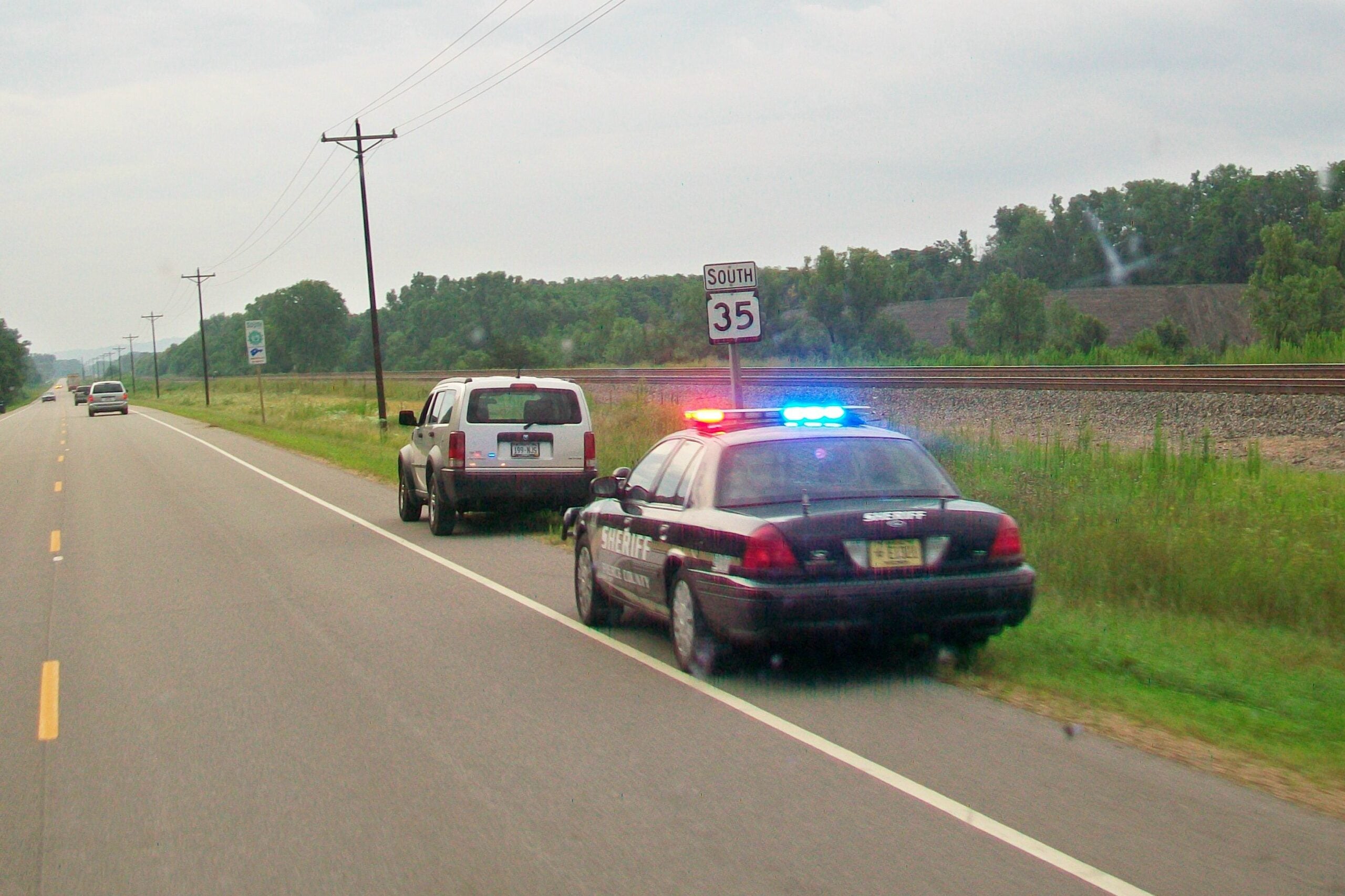A ruling from the Wisconsin Supreme Court Tuesday sets a new standard for how police can justify a traffic stop.
Police found marijuana in Richard Houghton’s car after they stopped him for having an air freshener and a GPS unit on his dashboard that allegedly obstructed his view. A lower court ruled the items on the dashboard were not illegal and therefore the stop and the search violated Houghton’s rights.
But Tuesday’s ruling says in some cases it’s reasonable for an officer to misinterpret traffic regulations. Hanna Schieber Jurss, a state public defender who wrote an amicus brief in the case, said the ruling gives police officers too much leeway in deciding whether a traffic stop is legal.
News with a little more humanity
WPR’s “Wisconsin Today” newsletter keeps you connected to the state you love without feeling overwhelmed. No paywall. No agenda. No corporate filter.
“The standard that our court has now adopted, in essence, forgives an officer’s mistake if a reasonable judge could see why the officer was confused,” she said.
Schieber Jurss said that means motorists may be stopped even if they haven’t violated any law. Houghton’s attorney Andrew Walter agrees:
“I don’t know how citizens can avoid being stopped because now it’s not enough to follow the law,” Walter said. “You also have to make sure your conduct is within this broader prohibition of things where an officer might believe is illegal even when it’s not.”
Walter called the ruling a significant reduction in the liberties of all state residents.
The court’s 5-2 ruling written by Justice David Prosser notes that the court is adopting a new standard for how traffic stops can be justified. In defending the ruling, Prosser cited a recent U.S. Supreme Court ruling that sets the same standard Wisconsin is now adopting. That case, Heien v. North Carolina was decided last year.
Writing for the majority, Chief Justice John Roberts said, “The question here is whether reasonable suspicion can rest on a mistaken understanding of the scope of a legal prohibition. We hold that it can.”
That case involved a motorist stopped for a missing brake light. The stop led to a search that resulted in the discovery of a bag of cocaine.
But attorney Walter said there is no requirement that the Wisconsin court follow the U.S. Supreme Court’s interpretation of the 4th Amendment protection against unreasonable search and seizure. He notes that the high court ruling also made it clear that such cases where searches are justified on the basis of an officer’s mistaken interpretation of law should be very rare and that most mistakes of law are not going to be reasonable.
Wisconsin Public Radio, © Copyright 2026, Board of Regents of the University of Wisconsin System and Wisconsin Educational Communications Board.





